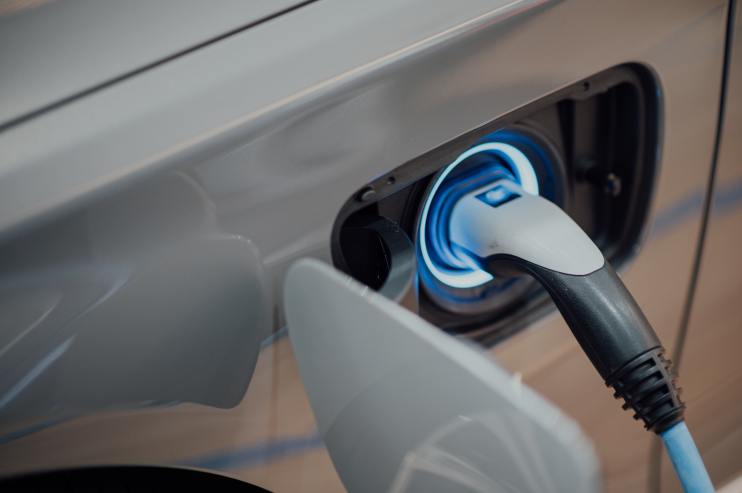The Electric Vehicle r(EV)olution

As of 2022, electric vehicles account for more than one in six registrations in the UK. That’s more than the period between 2016 – 2020 combined. And EV’s are here to stay; by 2030, all new conventional petrol and diesel cars and vans are set to be banned from sale.
What’s driving this change?
In the UK, 25% of CO2 emissions come from cars and vans (this jumps to just under 50% if you’re a Londoner). If we stand any chance of stemming climate change and preventing further damage to our ecosystems, drastic change is necessary. Research by the European Energy Agency found that, even with electricity generation, the carbon emissions of an electric car are around 17-30% lower than driving a petrol or diesel car. These emissions are also drastically improved when low carbon electricity is used. Charging instead of burning our way around is undoubtedly going to be a driving player pushing the green agenda forward.
Why go electric?
Moving to electric vehicles is not a silver bullet for climate change. As always, we recommend preventing emissions by reducing the number of cars used in your corporate fleet, moving from individual to carpooling, and using public transport or human power where possible. Reviewing your policies and supporting your employees with guidance on their sustainable business travel and commuting is also essential.
However, there are some real benefits of switching the way you power your vehicles:
- Cost savings. Even with increased energy prices, charging your car is still cheaper than filling it with petrol. On top of this, servicing an electric vehicle is often cheaper as it requires fewer moving parts.
- Only zero waste vehicles now qualify for the cleaner vehicle discount (as of October 2021). All other vehicles must pay a fee when entering London’s Congestion Charge zone. At the same time, London’s ULEZ zone is expanding to include most of the city.
- Lower charges from clean air zones.
- Free parking for electric vehicles in some towns and cities.
- Reducing air pollution from the burning of petrol can help in the management of various respiratory diseases. Research at Duke University found that each gallon of gasoline purchased carries with it up to $3.80 in health and social costs.
What this means for businesses:
At FuturePlus, we’re firm believers that sustainability is no longer a nice-to-have, it’s a fundamental expectation. However, we recognise that the sustainable path we should all be taking is often confusing, with less standardisation and newer processes, requiring us to adapt at a faster pace than is comfortable. With jargon such as BEV and PHEVs, Type 1 vs Type 2 charging systems, trickle charging vs rapid charging – what does this all mean, we hear you ask?
Transitioning your corporate fleet from petrol/ diesel to electric carries with it many of the same questions with a few extra considerations. As employee commuting falls under your business’ Scope 3 emissions (the reporting of which is likely to become mandatory in the future), it’s essential to have the necessary infrastructure in place now so that you can stay ahead of the curve.
So, the solution? We’ve teamed up with fellow tech start-up Diode, who specialise in electric vehicle suitability assessments, home and workplace charging infrastructure recommendations, and charge point procurement. Diode provides organisations and their employees with an EV Readiness Report, whether they have a corporate or private vehicle. This evaluation allows employees to make an informed decision as to whether an EV is right for them whilst advising employers on the infrastructure they would need to provide. The Diode Charge Platform helps to break down the barriers to EV adoption by using the power of data to educate drivers, assess EV readiness, make workplace and home charging recommendations, and simplify the charge point purchasing process.
In a nutshell, just as FuturePlus helps you understand and get ahead of your sustainability ambitions, Diode will simplify all there is to know about transitioning from petrol to electric vehicles and help you make the necessary steps forward – a partnership made in heaven.
Sustainable development is necessary, and with the help of innovative platforms like these, it’s also made easy! If you have any questions on electric vehicles, emissions reduction strategies, or how you can get involved, just get in touch at: info@future-plus.co.uk